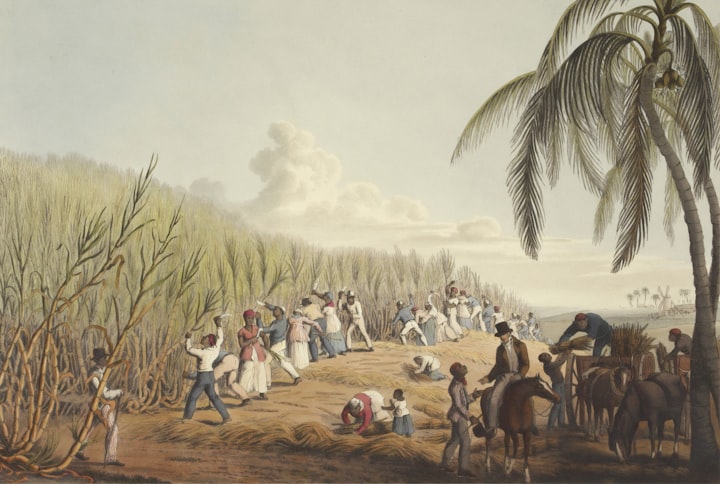The Fugitive Slave Act
Freedom Restricted

Chapters 7 through 10 in Hine, Hine, and Harrold, African Americans: A Concise History covers the height of slavery and the liberation of African-Americans. The number of free blacks was significantly smaller compared to the amount of slaves and white people in America. Beginning with the Jacksonian era America built its foundation by exerting racial dominance. This meant establishing regulations and “Jim Crow” which saw blacks being disenfranchised, restricted from moving to other states, required to show proof of freedom or be enslaved, states exercising the Fugitive Slave Law and advocating segregation in neighborhoods and public facilities. The only places where blacks found refuge from oppression were churches.
White oppression was so strong in the United States, this ultimately led to gradual development of antislavery movements both in Northern and Southern territories. Both were fueled by Christianity with the Bible, African culture/religion and the black church serving as catalysts for a revolution against slavery. The South saw slaves practice this but only in small numbers, whereas the North gained prominence through the actions of free blacks and white abolitionists. The former opposed slavery through violence with radicals like Nat Turner who led a revolt in Virginia, and the latter fought against it through peaceful actions in written works such as David Walker’s Appeal which denounced the idea of slavery and discreetly motivated slaves to rebel and escape their masters. Anyone willing to listen to the testament against slavery was seen as not only a supporter but ally to liberation.
The spark of rebellion against slavery was so influential in the United States that it ultimately evolved into a full revolution by 1831 which lasted until the Civil War. Influencers like Frederick Douglass and William Llyod Garrison were prime advocates of freedom for African-Americans while affiliated with the American Anti-Slavery Society. Garrison advocated emancipation and equal rights for blacks through his newspaper, the Liberator, in a peaceful manner. Although Garrison himself maintained his racial superiority when consulting with Douglass and other black abolitonists in the AASS. They worked together to criticize slave masters, point out how slavery was a hindrace to the economy, and use moral suasion to convince the North and South to end slavery. This revolution ultimately led to creation of the Underground Railroad which consisted of trails from the southern region of the U.S such as Kentucky and Missouri, to Canada, with black and a few white vigilance groups aiding fugitive slaves in escaping to the North.
Canada became the safe haven for blacks seeking freedom due the British Empire outlawing slavery after 1833, and the enhancement of the fugitive slave law following the Compromise of 1850. Blacks are almost immediatley enslaved based on documentation of slave owners, and required anyone, whether a citizen or official, to apprehend runaway slaves or else they would be prosecuted for helping them. Over time the North became less supportive of slavery when westward expansion began and the Gold Rush prospered. This included creating its own laws that restricted law enforcement officials from capturing runaways. The biggest factor was the North thought slavery would be a giant burden on the path to being successful farmers, shopkeepers and other occupations in the west and should be excluded. Whereas the South saw it as a necessity. The contrasting philosophies and the result of Dred Scott vs Sandford, which denied American citizenship to blacks, were the building blocks of the Civil War. Contrasting ideals caused the tension between the Northern states and Southern states to escalate spectacularly. Thus, causing the south to secede and become the infamous Confederate States of America, with Jefferson Davis leading the charge.
About the Creator
Kylecovey Smith
Historian, Linguist, Author (Voyages of the 997 & The Method Mission), YouTuber/TikToker (Master Mojo) and now Vocal writer enjoy and critique my writing as please.






Comments
There are no comments for this story
Be the first to respond and start the conversation.